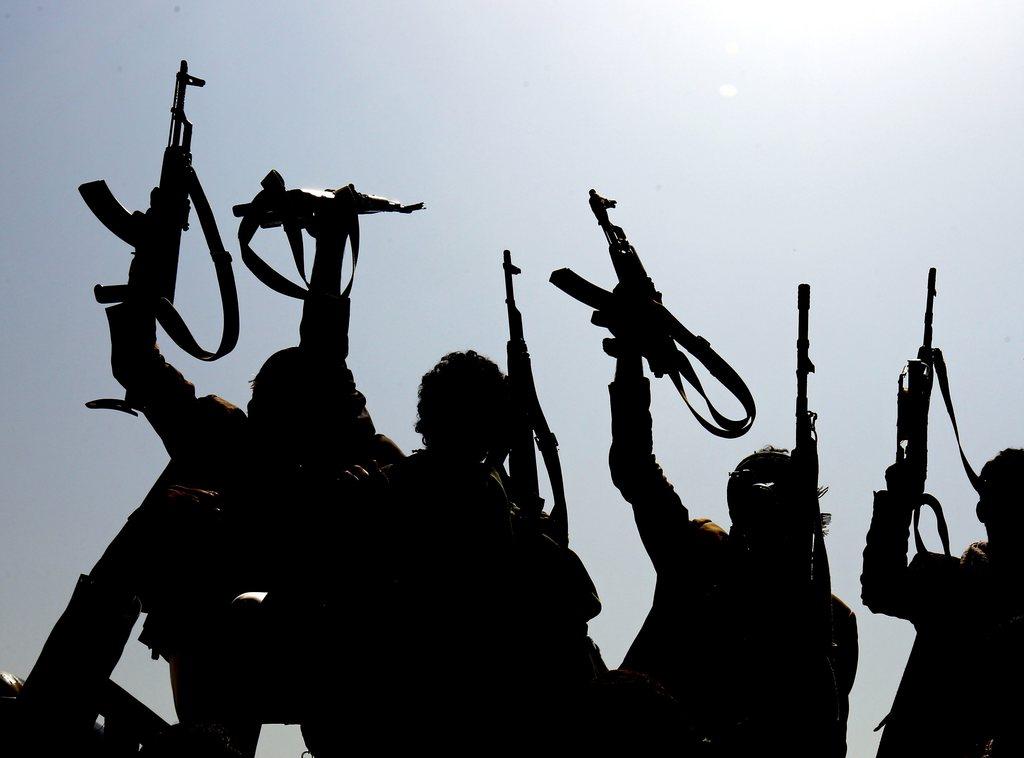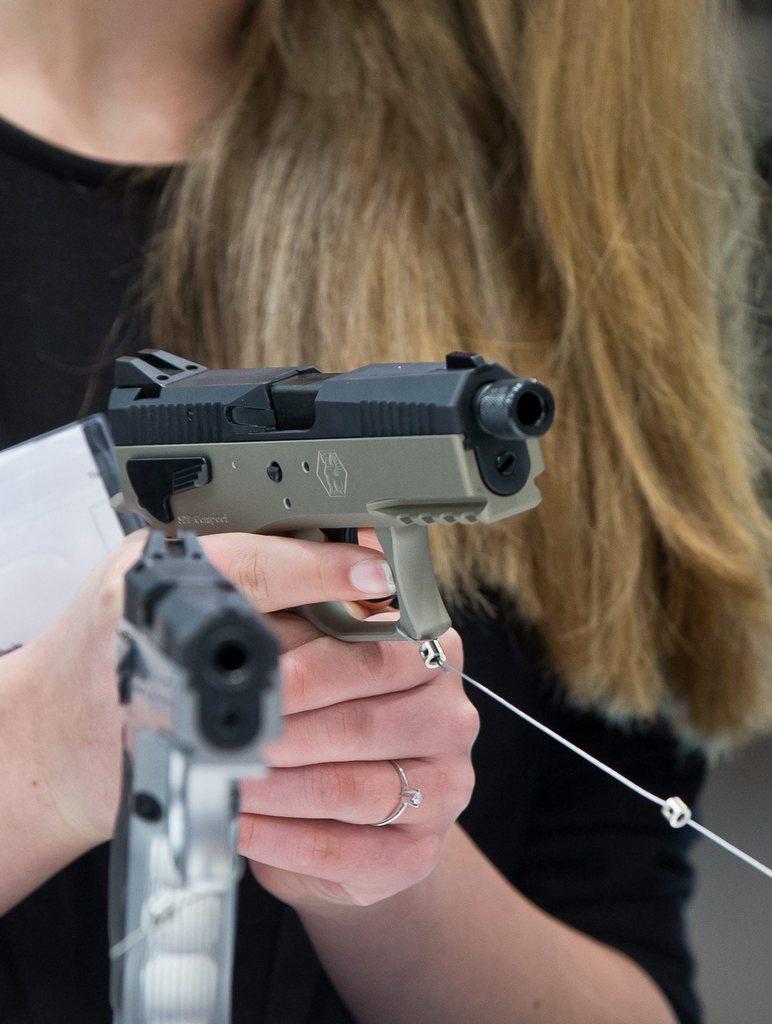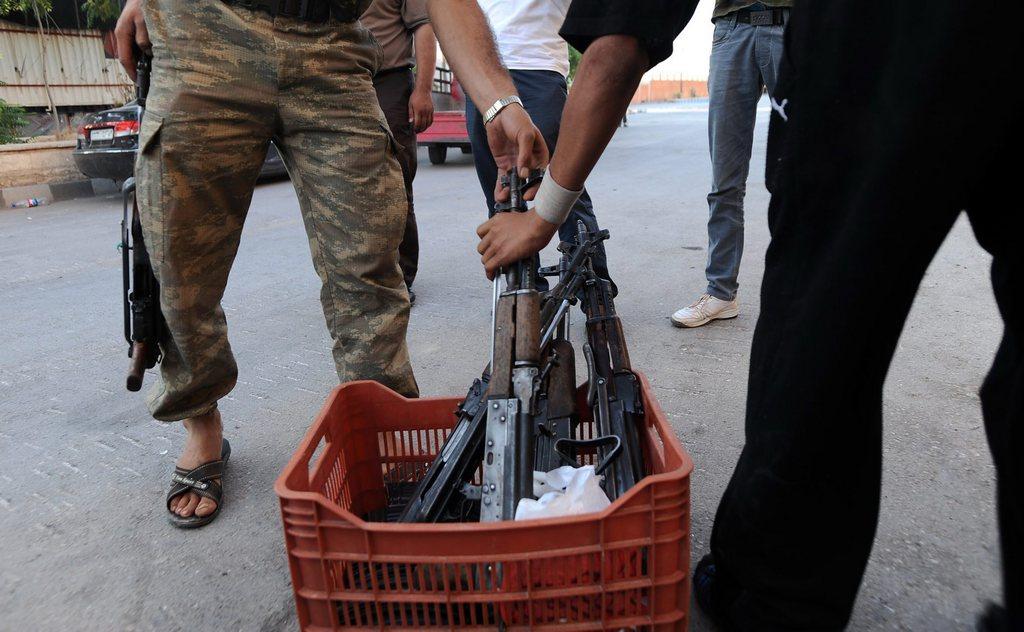Increase in Swiss weapons sales to Pakistan

Switzerland exported around 45 times more weapons and ammunition to Pakistan in the first nine months of this year compared to the same timeframe in 2015, according to the latest figures from the State Secretariat for Economic Affairs (Seco).
Between January and September, the Swiss sold war materiel to Pakistan to the value of just over CHF25 million ($25.8 million) compared with CHF552,816 in the same period last year.
The increase is due to the sale of an air defence system, authorised last year.
Following an easing of arms exports by parliament in 2014, the government adapted the regulations, putting them in line with European Union standards and allowing for exceptions, says Simon Plüss, head arms control at Seco.
“They notably permit sales of materiel to countries with systematic and serious human rights violations if there is a low risk that the exported war material will be used to commit serious human rights violations,” Plüss said.
The pacifist Switzerland without an Army group said it wanted the law on war materiel exports to be strengthened, according to a report on the Newsnet website last Friday.
Government’s discretion
The steep increase in exports in the first nine months is actually even more pronounced when comparing the respective first quarter figures of 2015 and 2016. Sales jumped from CHF7,632 to more than CHF 24 million as Seco data shows.
In 2008, Switzerland decided to impose export restrictions to Pakistan, Egypt and Saudi Arabia – countries accused of serious human rights abuses or involved in internal or international armed conflicts.
Five years later, parliament eased the export of war materiel, leaving it up to the government to decide on exception on a case-by-case basis.
The Swiss security and defence industry argued the strict regulations undermined the country’s armament industry against other European competitors and were putting about 10,000 jobs at risk.

In compliance with the JTI standards
More: SWI swissinfo.ch certified by the Journalism Trust Initiative



You can find an overview of ongoing debates with our journalists here. Please join us!
If you want to start a conversation about a topic raised in this article or want to report factual errors, email us at english@swissinfo.ch.